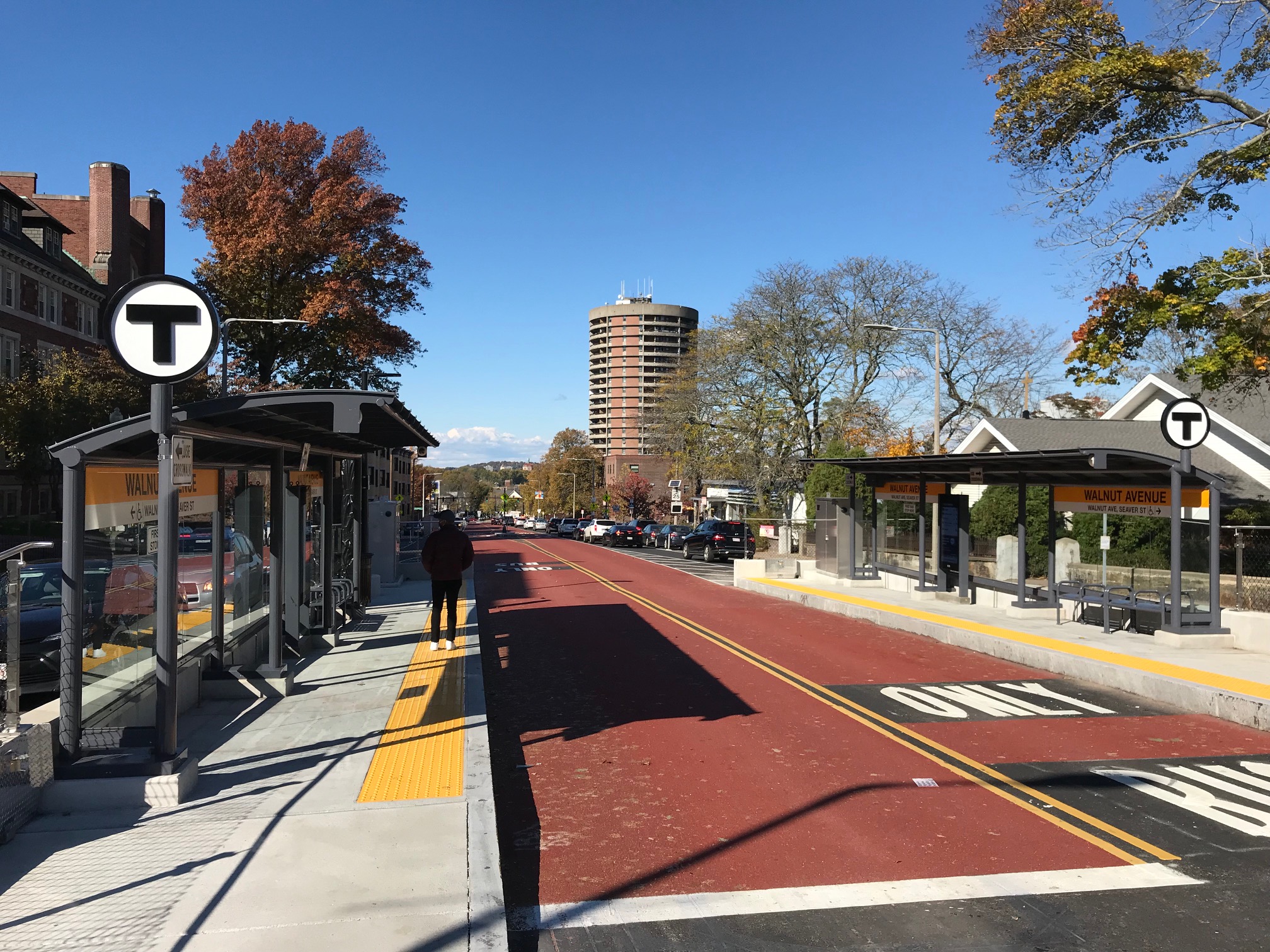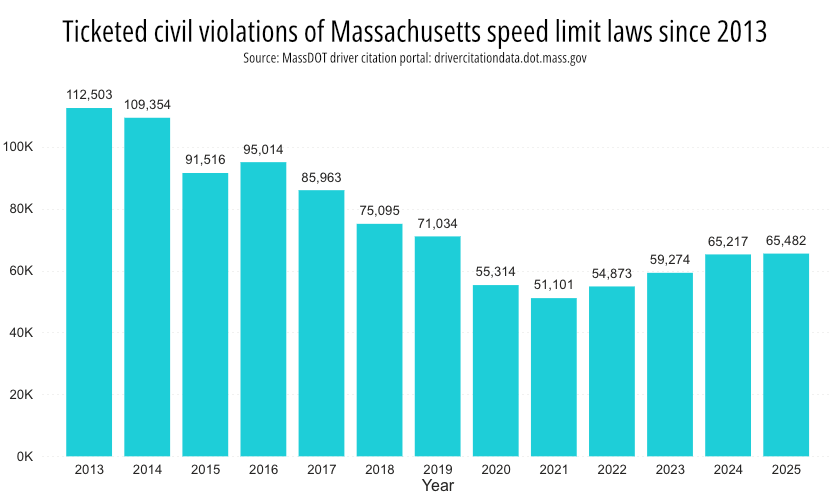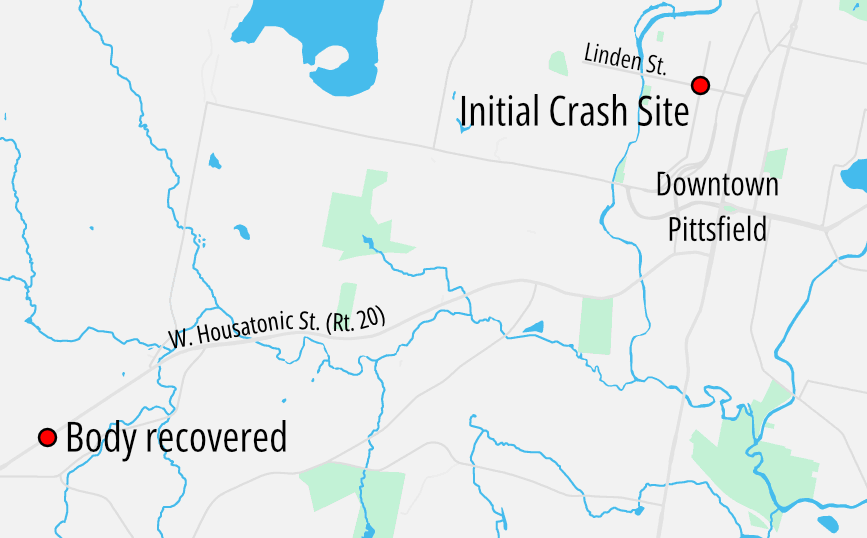On Wednesday morning, Mayor Wu and her cabinet make their pitches for the City of Boston's fiscal year 2023 municipal budget, which will be the first budget under the Wu administration and the Mayor's first major opportunity to implement some of her top priorities.
The proposed budget is an "unprecedented investment because this is an unprecedented moment," Mayor Wu told her cabinet members and City Councilors at a breakfast presentation in City Hall this morning.
The proposed budget includes $3.99 billion for operating funds, which funds the day-to-day operation of city services. There's also a separate $3.6 billion capital budget, which funds major construction projects. About one-third of the capital budget finances construction projects on city street and sidewalks; the remainder funds projects in parks, schools, and other city buildings.
Wu's budget got a big boost from the federal American Rescue Plan Act, which is providing $559 million in pandemic relief funding for the City of Boston. Some of those funds have already been appropriated on projects like the city's fare-free pilot, but nearly $350 million remains available.
Here are a few highlights for transportation projects and programs being proposed in the city's 2023 streets budget:
- Most of the city's proposed capital budget is for projects that are already underway, but one of the biggest new line-items in Wu's budget proposal is a $39.5 million allocation for the proposed redesign of Blue Hill Avenue and Mattapan Square (that figure includes the $15 million grant that the project won from the federal government last year).
- There's a $500,000 grant-funded allocation for a "Fairmount Urban Rail Study," which would be "a technical analysis on transforming the Fairmount Commuter Rail Line to a subway-like service level."
- The city's existing "strategic bike network" capital program, which funds "construction of bike lane extensions and connections with citywide key bike corridors," would get increased funding under Wu's proposed budget. Those projects are projected to spend about $1.5 million through the end of the current fiscal year, but the Wu budget proposes $4.7 million in funding for 2023.
- The budget sets aside an additional $6 million in capital funding for new dedicated bus lane projects. The budget specifically names "the construction of dedicated bus lanes on Columbus Avenue (where the existing center-running busway would be extended north to Ruggles), Warren Street, and Malcolm X Boulevard" in Roxbury.
The 2023 budget proposal includes funding for several new staff positions "to help implement active transportation, transit, and new mobility projects." In the past, limited staff capacity at City Hall has hampered the city's ability to plan and implement popular traffic-calming programs and major street redesigns.
At Wednesday morning's budget presentation at City Hall, other cabinet members also highlighted transportation-related investments in the city's housing and environmental programs.
Sheila Dillon, Chief of Housing for the City of Boston, said that the city would leverage federal pandemic funding to invest a total of $380 million for housing programs, with a focus on preserving affordability and creating new housing opportunities near transit corridors.
"We're going to increase homeownership rates, especially for households that have been kept out of the homeownership market; we're going to build new green housing on city-owned land near transit; we're going to buy occupied tenant buildings and convert them to long-term affordable housing to stop gentrification, especially along transit corridors," Dillon told the gathering of city officials at Wednesday's breakfast.
"Our Mayor has made a significant commitment to transportation justice," Rev. Mariama White-Hammond, the Chief of Environment, Energy, and Open Space. "Our first goal is to get as many people on public transportation to mode shift, but we also need to electrify those things that we can not shift to public transit."
White-Hammond cited the Mayor's plan to electrify the school bus fleet, and said that her cabinet was also working on a plan to electrify the rest of the city's vehicles.
Though the city's fleet electrification strategy is still a work in progress, White-Hammond said that the Mayor's budget proposal would earmark funding to support that effort. "We didn't want to miss this opportunity to make some investments now and get us on that path," said White-Hammond.






